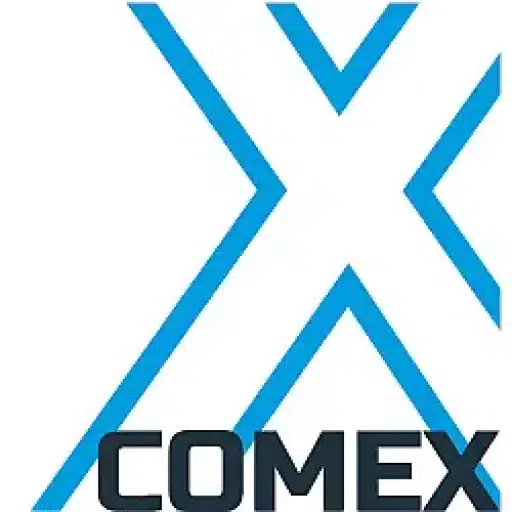+31 (0)43 30 88 400 | office@comex.eu

Alone on a cloud. Or is it?
Alone on a cloud. Or is it?
Those who store data in the cloud would do well to remember that this cloud is generally not private property. In other words, other people are also using this cloud and thus the hardware behind it. Moreover, by definition, a cloud can be accessed from the outside. With increasing demands for security and privacy in mind, the question is whether dez.
Nuance
Not everyone is aware of these points. Still, shared hardware can cause problems. If user A has problems with his or her data, other users may be affected. After all, the data are all on the same set of hard drives. It has led to the term “private cloud” being mentioned more and more. Private cloud suggests a private, shielded part of the cloud that no one else can access. That suggestion does need to be nuanced.
How private is private?
Because private cloud or not: the data still remain on the same hardware. If a user were to do something to the private cloud that resulted in damage to the hardware, that also has potential implications for other private clouds on the same hardware! The separation is purely a software separation. In itself, a private cloud is a good step toward more protection because you can already protect a lot software-wise. But at the same time, you have to wonder if it’s enough, because a private cloud is thus not that private: the data are still on hardware that is not private.
Your own hardware
If you really want a private cloud that no one can access, you have to put your own hardware in the data center. The difference from a storage you have on site, then, is effectively only the distance. You rent a part in the data center and you put a server there that provides storage. If you have a cloud brick provider, as hardware you have your own brick. The data in the cloud are then strictly separated and you do have a true private cloud. So: if you want a truly private cloud, choose a brick-service provider or put your own hardware in a data center.

